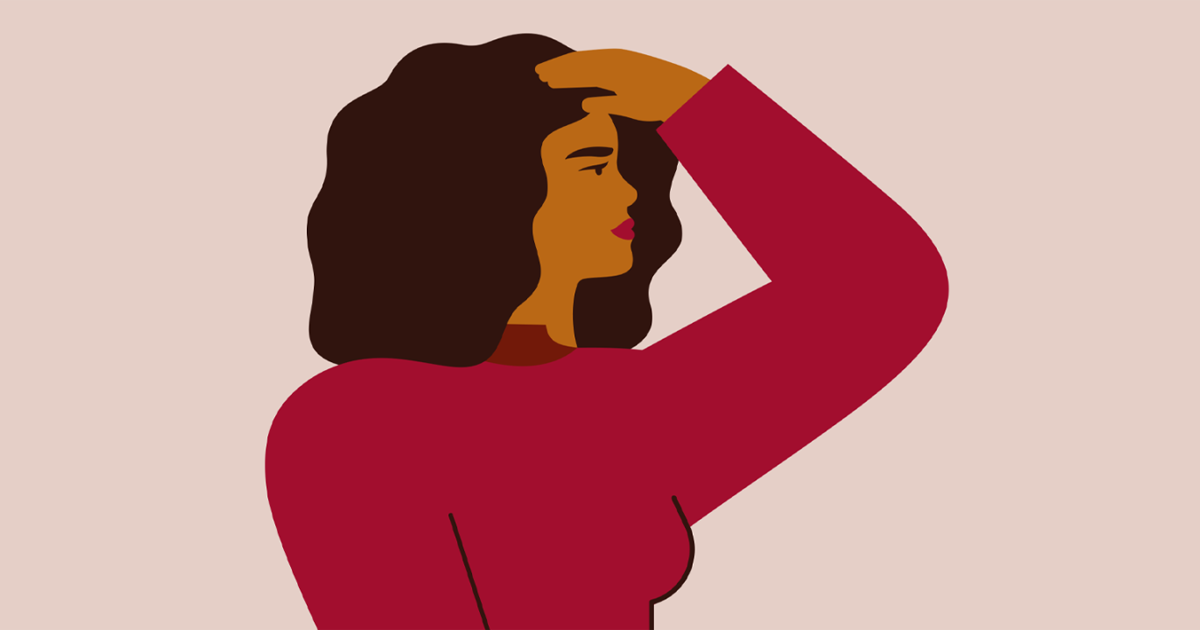
You're not going to die.
The good news is you're not going to die.
Many years ago, those were the opening two sentences of my first public blog about living with HIV. I talked about the intersections of being HIV positive, a nurse and navigating a new life process. In it I asked a very poignant question I had asked myself several times: Who the hell lives a fulfilling life worrying about not dying?
I'm still in nursing. I'm still caring for others, but there is more of an advocacy focus these days. I lean into building bridges and fostering understanding about what HIV is and isn't. My intersections have branched into other aspects: womanhood, my Blackness, aging, menopause and HIV, research and what a cure could look like or might be. I made a deliberate point as a nurse and advocate not to tell people they weren't going to die, but instead to remind them to live. To live life despite HIV. I've learned to thrive with and because of my diagnosis. Yet, I find myself back full circle. Worrying about dying and HIV. Or rather, once again worrying about how not to die while navigating life with HIV. Unlike all those years ago, my questions aren't about naming my condition or trying to be so busy I don't have time to worry about the act of not dying.
These days I worry about medication access in both abstract and tangible ways for myself and those I care for. Policy changes, loss of funding, loss of research, and at its base, the loss of compassion from people with decision-making power mean the next six, nine, or twelve months could mean we lose access to medications we know keep us alive and healthy. I know this projection is a very U.S.-centric view given we are already seeing this on a global scale. We are already seeing the loss of tools and access for the prevention of HIV which means numbers will be on the rise, even as the data and those numbers are hidden from the public through erased and manipulated website purges.
My insurance, and that of millions of other Americans is purchased through the Affordable Care Act (the Marketplace or Obamacare as its also known) and changes to that mean we will be paying more next year and the years to come.
I received the enrollment paperwork today for my insurance for 2026. Without the tax credits that are set to expire in December, my insurance per month will rise by close to $4,000 a year. Add vision and dental, and it goes up over that mark. That's a black and white number crunch, and examples like mine, or with greater increases can be seen all over the internet. That doesn't include office visits, tests, co-pays and medications. The cost of living is also climbing up. Groceries, household goods, utilities and transportation costs are steadily rising. Together, these circumstances create an unsustainable financial crunch for people, especially the most vulnerable among us. As a woman who has been living well with HIV for many years, healthy and undetectable, I try not think of myself as vulnerable. I do not associate with victimhood. Yet, in these moments, the victimization of a careless Congress and presidential administration may leave me vulnerable with an inability to pay for medical care and manage my disease. At that start of the epidemic, AIDS was a terrifying diagnosis underscored by the reality of death. Medication advancements have made HIV a manageable and preventable chronic illness. People can live full life spans, often with better health outcomes than in previous years. Except that is now under threat.
I'm fully forearmed, forewarned and educated on the "what if's" and "what could happen" because we have clear history and lessons to look upon. Opportunistic infections, the rise of stigma and fear and shame may become commonplace again. An increase in AIDS diagnoses and, ultimately, a return to unnecessary deaths. This may sound dramatic or over the top. Even to me it feels a bit like a boy crying wolf with all the medications and knowledge at our fingertips. Federal programs and medication assistance programs exist—but for how much longer? And what about people whose income means they make (just barely) too much to qualify for federal assistance, but not enough for private insurance? Will we see a return to denials for pre-existing conditions? Just 10 short months ago, no one would have thought a bill would be passed to gut medical coverage for millions of Americans. I can't help but wonder if in the blink of another 10 months "you're not going to die" is still going to be the outlook we give the newly diagnosed.
This blog was originally posted on Positively Aware


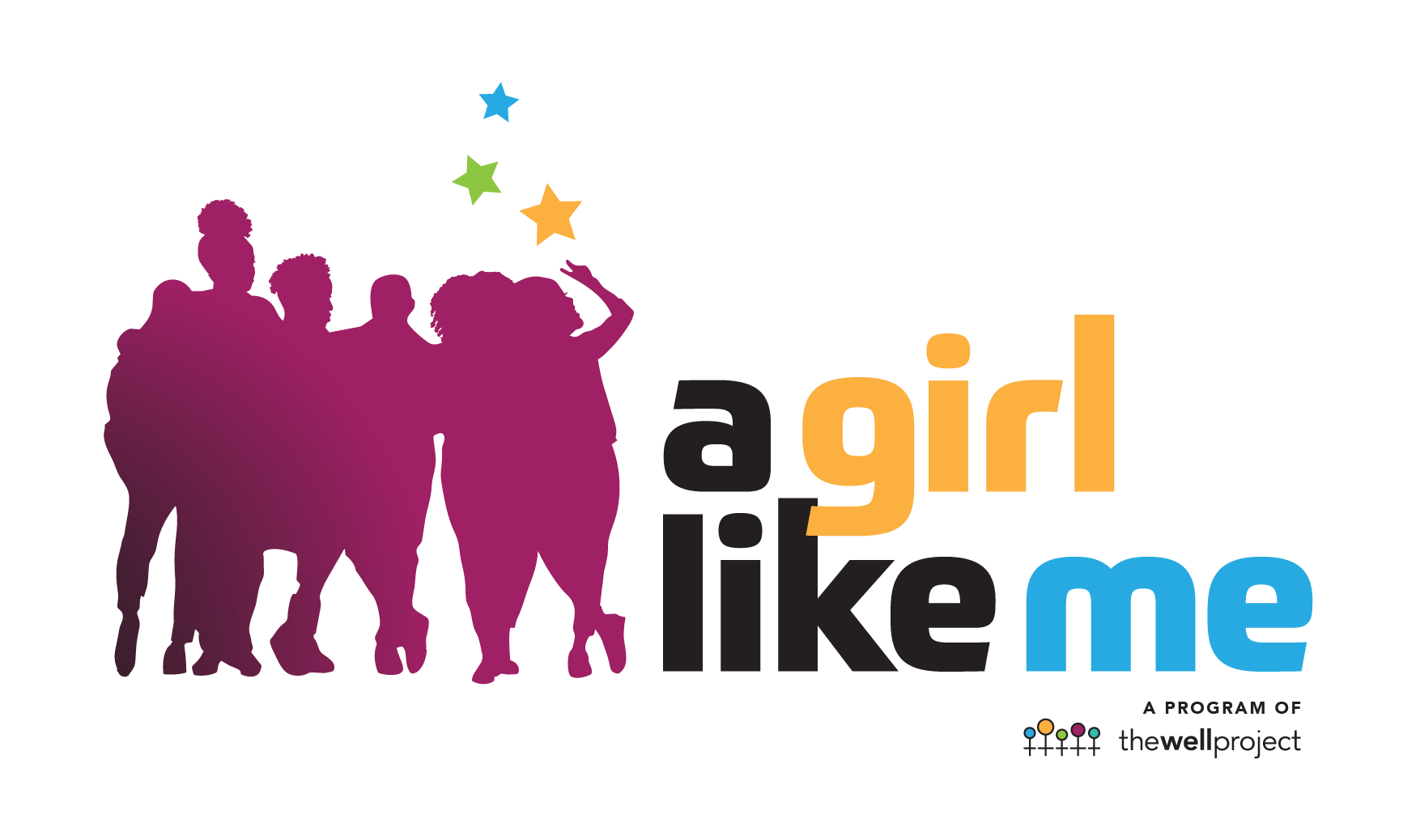
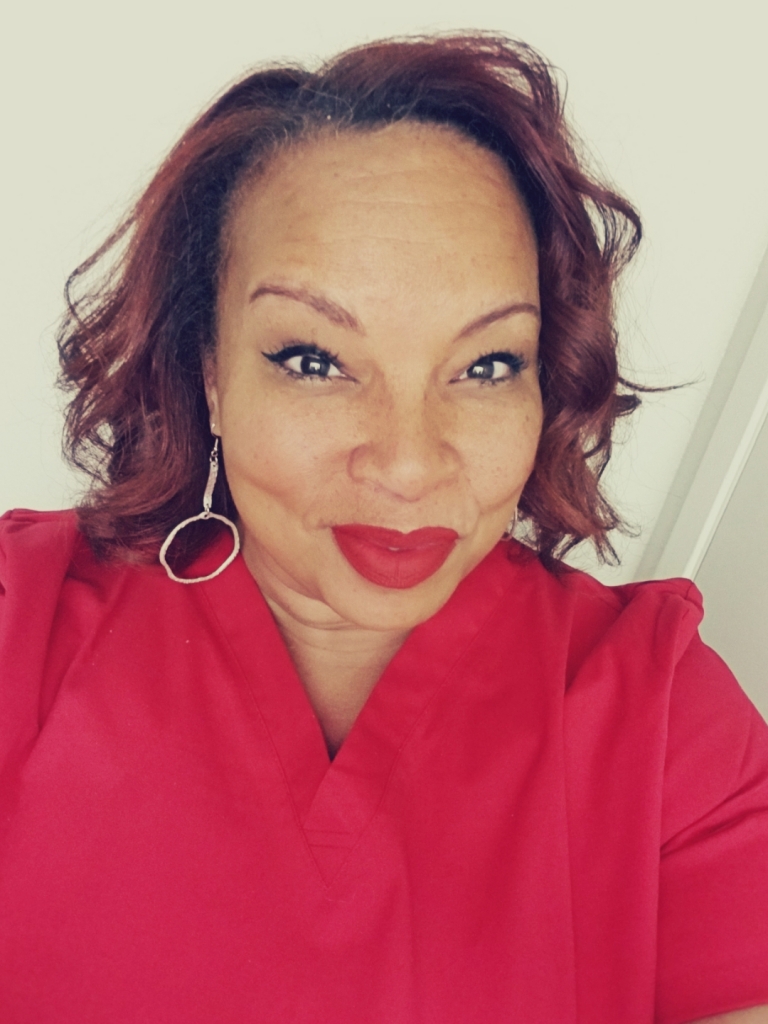


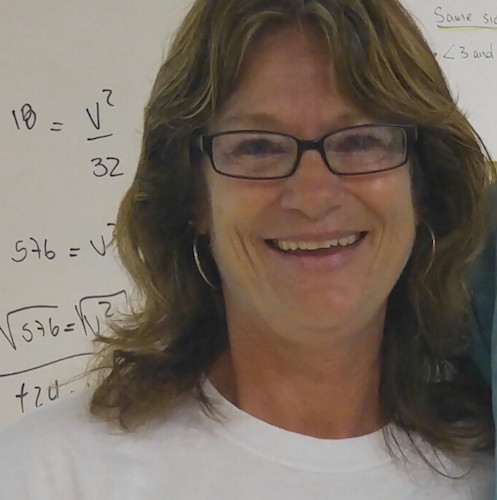
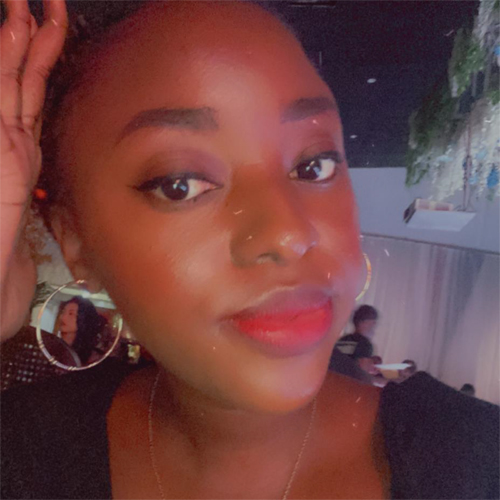
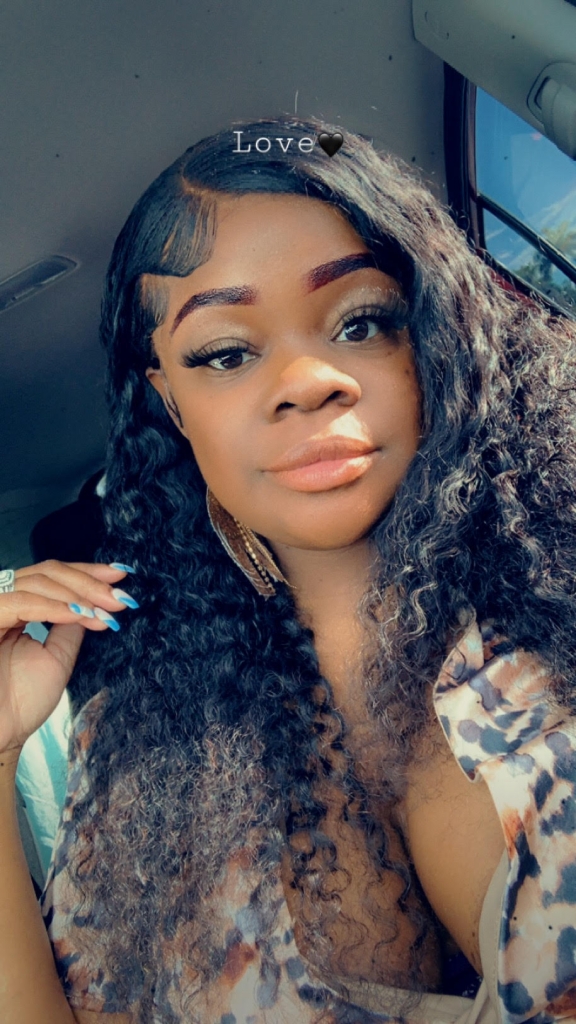
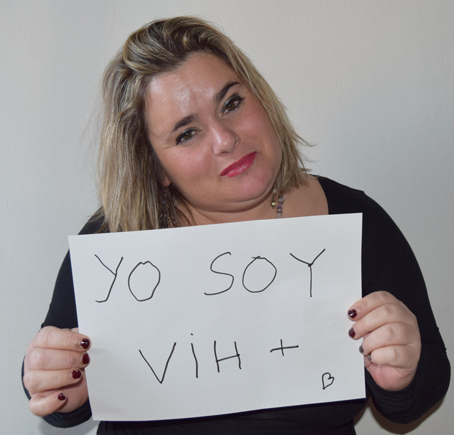
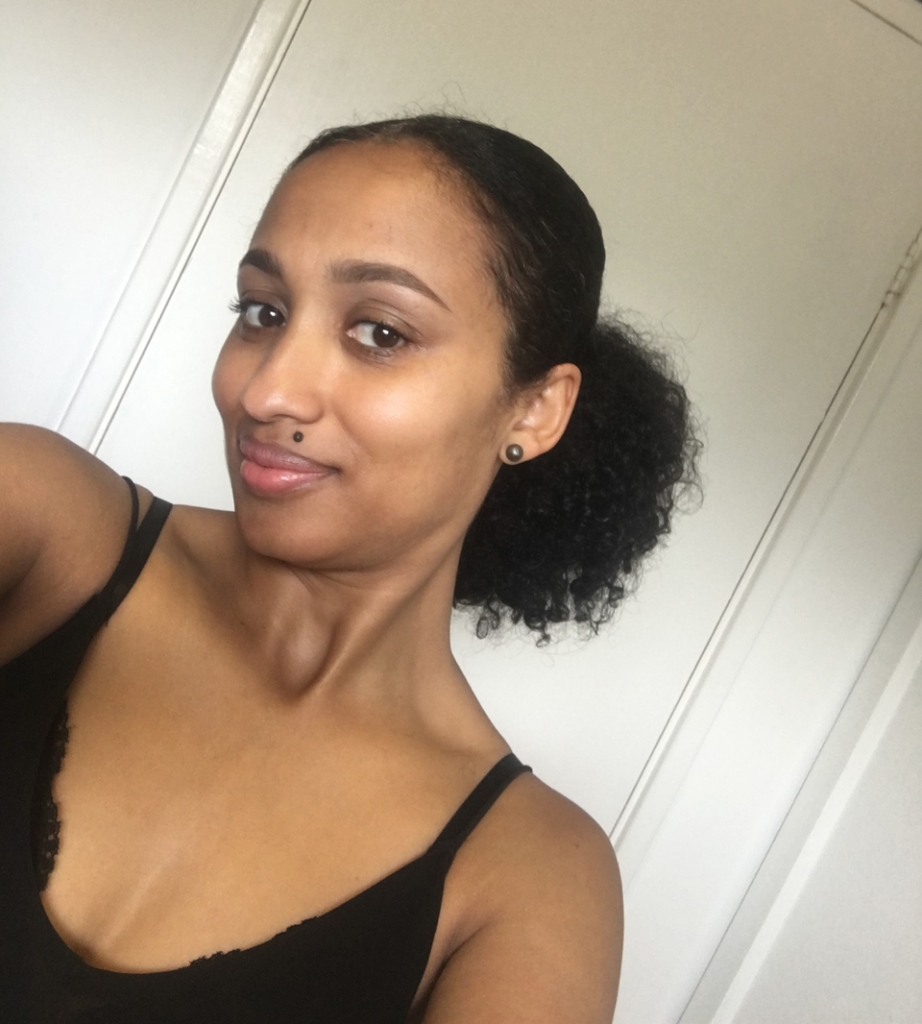
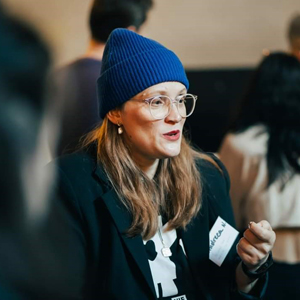
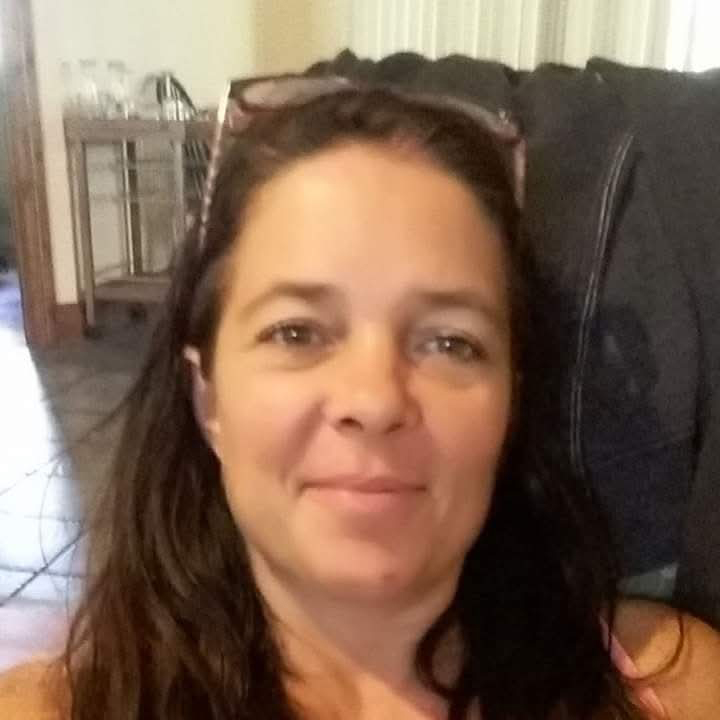
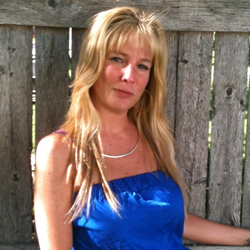
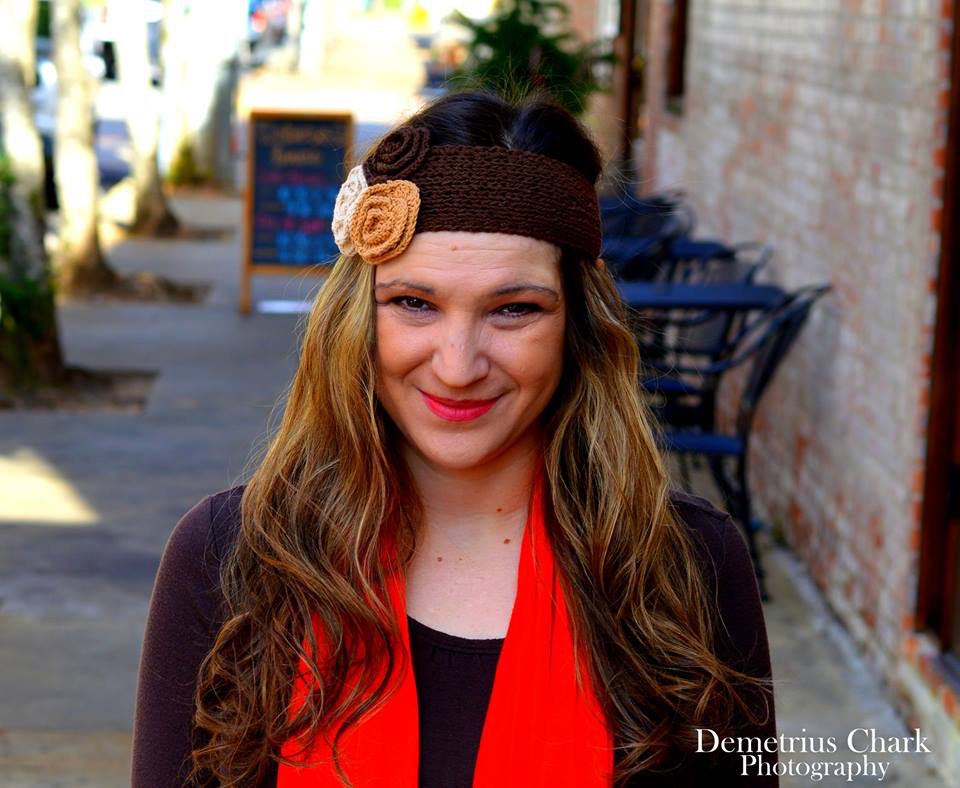
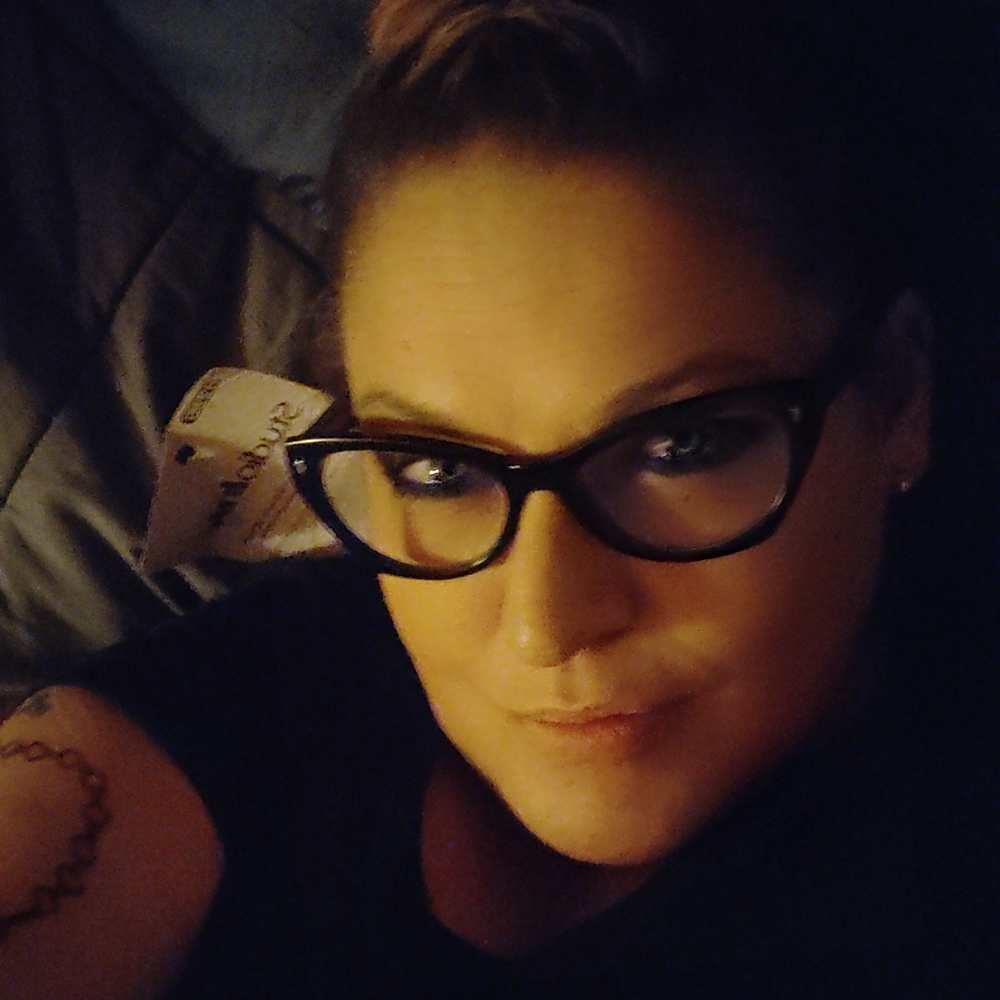
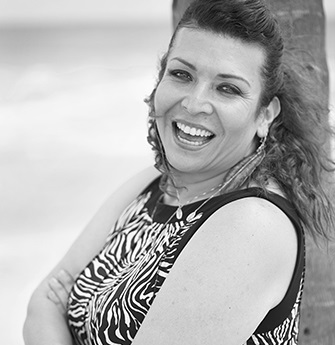
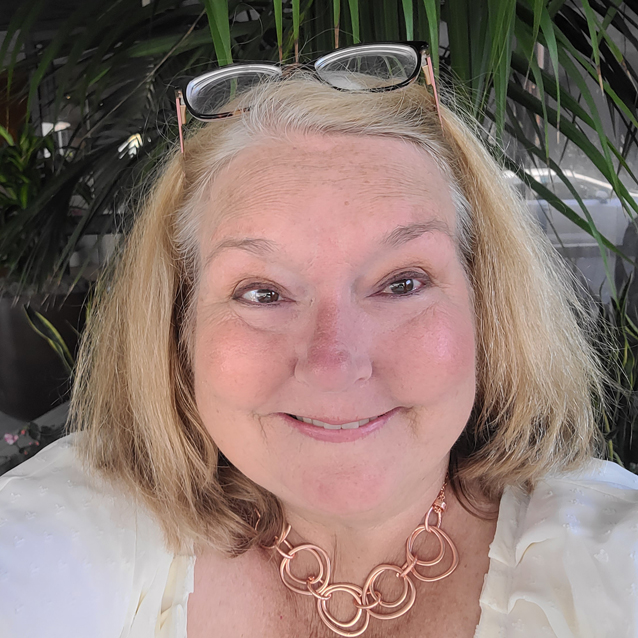
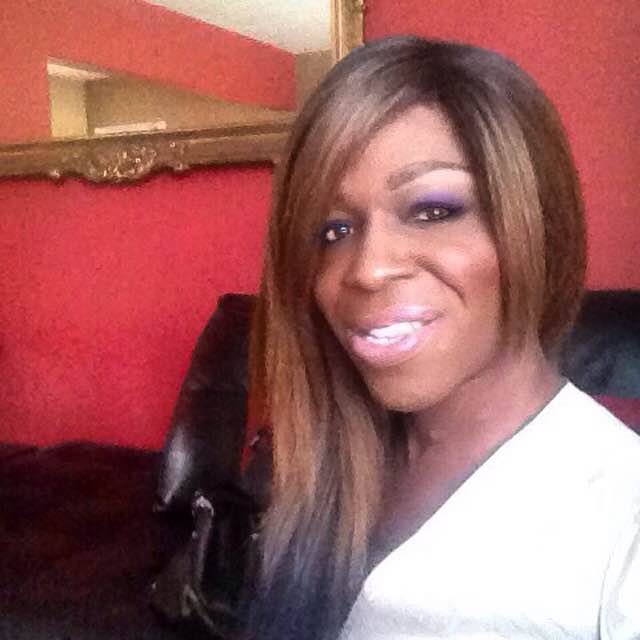
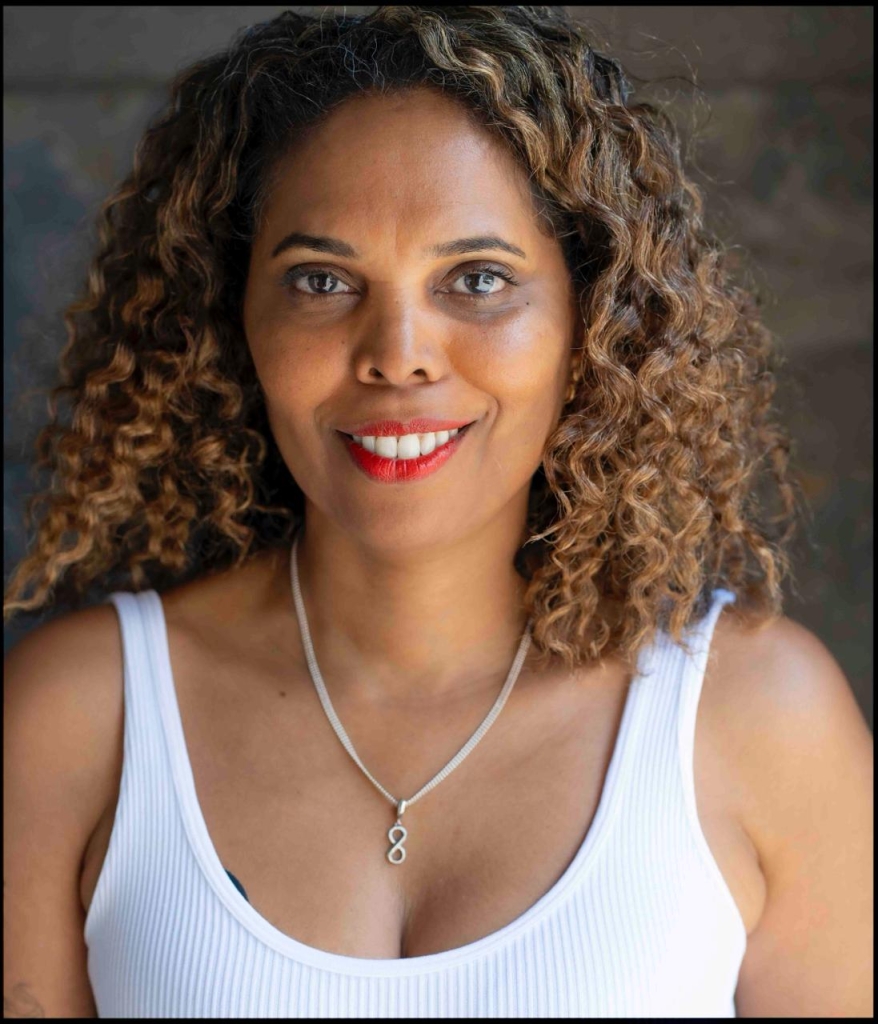

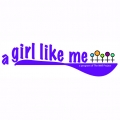
DEEEEEEP
You put these feelings into words so well. Are yall sure I'm not going to die? Are those meds that I have made peace with going to be accessible to people like me in the future? What reasons do I have not to give up right now? Community is important because yall help me not feel so crazy. Sending love!
THIS!!!! I honestly done…
THIS!!!! I honestly done event know where to begin but these are the realist words i may see the remainder of the year! The reality of things that so many ignore or dont realize. I pray that HIV isnt a death sentence can remain that way and that for anyone facing this diagnosis we can continue to say You're not going to die from this! Love you!
Going backwards
You bring a very interesting point. You are not going to die has been the narrative so long I do wonder if that is going to change. People already struggle to get access with the advancements we have now from just not knowing the information or knowing who to ask. I hope for the best and just do the things that bring me joy.
Sis… whew.
I felt every word of this.
So many of us in this community know what it is to wake up to a diagnosis we didn’t fully understand, to face numbers that terrified us, and to claw our way back into stability and hope. We’ve learned — sometimes the hard way — that “you’re not going to die” is the bare minimum. What we deserve, what we fight for, is the ability to live… fully, loudly, and unapologetically, just as you said.
And yet here we are again, circling back to that old fear we thought we had buried.
The way you put it — the worry isn’t about naming the diagnosis anymore, it’s about the systems that can make living with it impossible — that hit me hard. Because this fight is bigger than pills or lab numbers. It’s about compassion, access, and whether people in power still see our lives as worth protecting.
Even for those of us still early in our survivorship, it’s clear how fragile this stability can be. Many living with HIV or AIDS don’t see themselves as victims, but we can absolutely be victimized by policy, indifference, and the erasure of data that proves what’s at stake. We’ve come too far — collectively — to be dragged backward by the loss of funding, affordability, or political will.
You are right: the threat is real. The cost of simply staying alive is becoming unimaginable. And it shouldn’t be this way. Not after everything our community has endured. Not after the scientific breakthroughs that changed the course of this epidemic. Not after so many have rebuilt families, purpose, and identity out of devastation.
But you’re also right about something else:
We know how to fight back.
We know how to advocate.
We know how to organize.
We know how to resist shame and silence.
We know how to keep each other alive — even when systems fail us.
Your voice is needed. Your fear is valid. Your perspective as a nurse, a Black woman, an advocate, and a survivor in your own right is powerful. And hearing you say you’re worried reminds the rest of us that we’re not “overreacting” — that these warnings are real, and that we have to stay awake, stay loud, and stay connected.
Thank you for writing this. Thank you for naming what so many of us feel rising in our chests again. And thank you for reminding us that the work isn’t just about not dying… it’s about protecting our right to keep living.
I stand with you — forewarned, forearmed, and still hopeful.
Because our community has never been easy to kill.
And we’re not starting now.
Crazy numbers
I honestly dont know how you can live under this pressure ?! its insane numbers. I live in Sweden, the HIV meds are free ( for now) . Other medications we pay like 300 $ in a 12 months period, if you paid the 300 within that period, the meds are free until the 12 months are done. This system is supported by taxes.Much love to you all in US.
Thankyou for your words
Dear sister, identify with each and every word you write! It’s a very stressful burden to go through all of this, but we must live one day at a time and hope for the best as you know hope is the last thing we’re going to lose we’ve come too far. I will fight to the end love you.
Maria